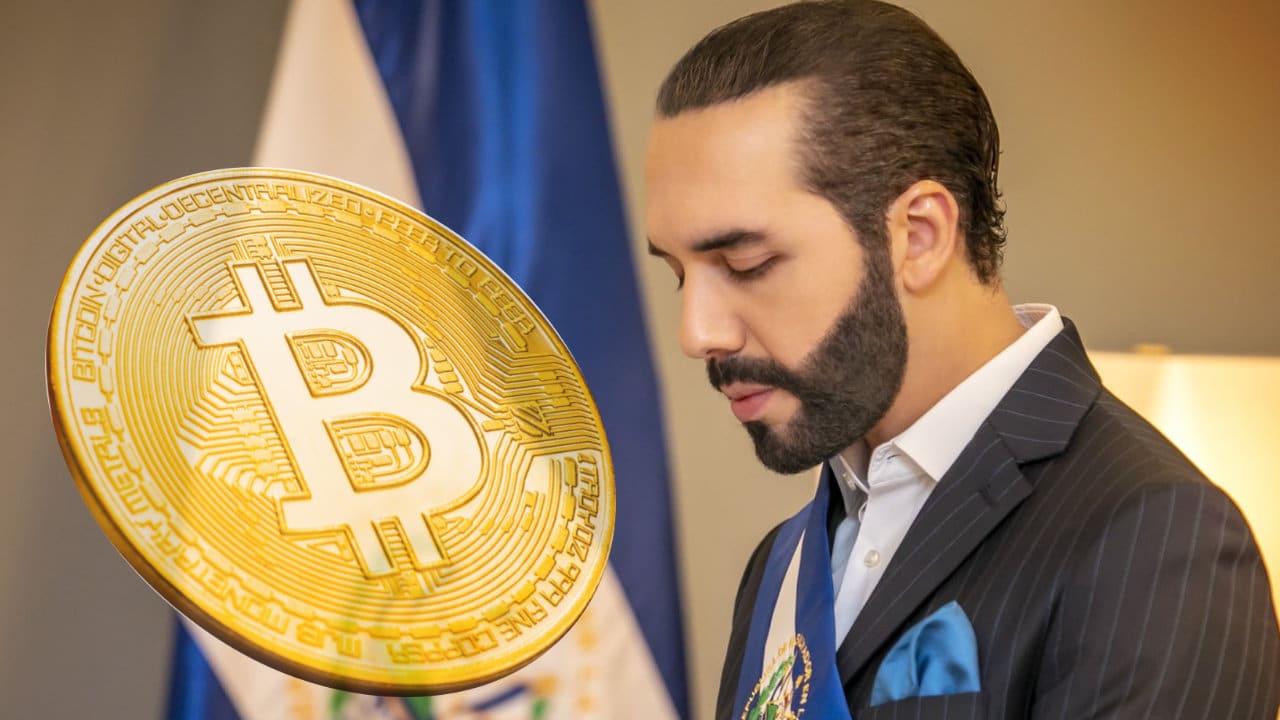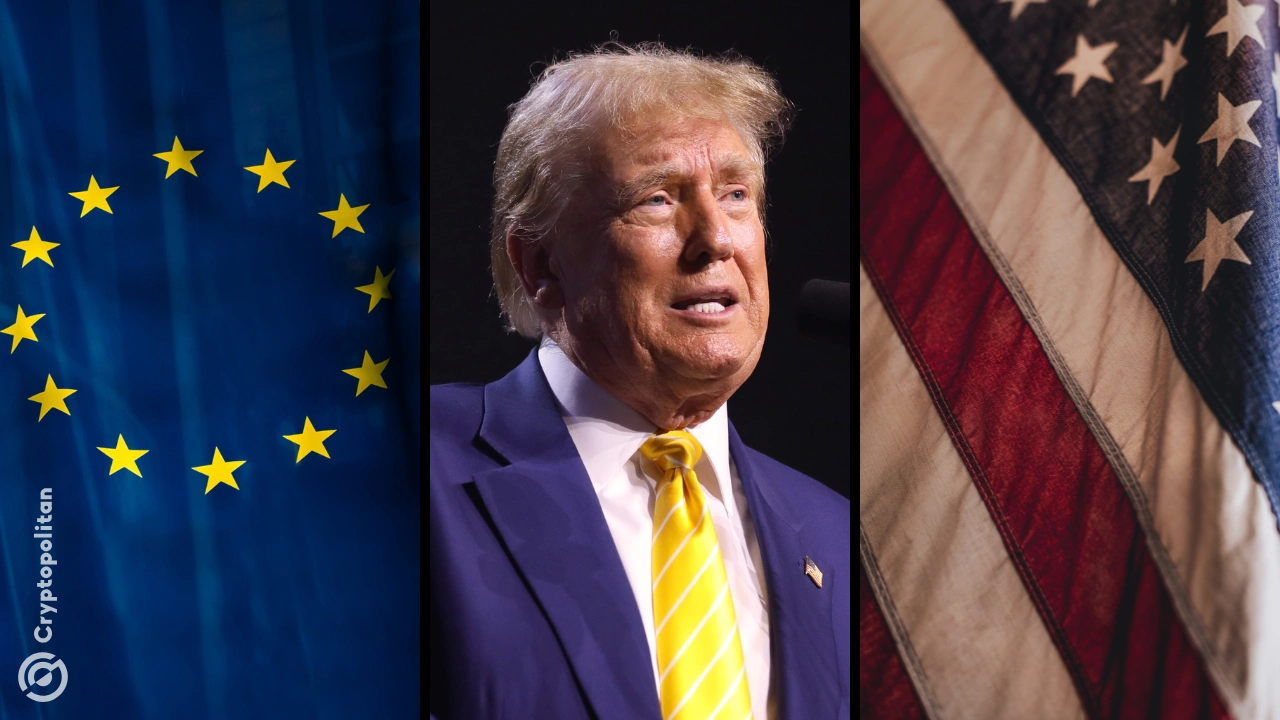
El Salvador has reached a preliminary agreement with the International Monetary Fund (IMF) to limit domestic Bitcoin activities in exchange for a $1.4 billion financing package.
El Salvador to Reduce Bitcoin Activities in Pursuit of $1.4 Billion IMF Deal
The agreement is part of the IMF’s 40-month Extended Fund Facility (EFF), which aims to support the country’s reform agenda and address its balance of payments challenges.
According to the IMF, the financing package is expected to exceed $3.5 billion, with contributions from the World Bank, the Inter-American Development Bank and other regional development banks.
Policy Changes Regarding Bitcoin
El Salvador, under President Nayib Bukele, became the first country to accept Bitcoin as legal tender in June 2021 in a bid to promote financial inclusion. But the new deal with the IMF aims to reduce potential risks associated with the country’s Bitcoin project.
Basic precautions include:
Voluntary Bitcoin Acceptance: Private sector businesses will no longer be required to accept Bitcoin as payment, a departure from the 2021 Bitcoin Act, which requires all economic agents to accept Bitcoin.
Public Sector Restrictions: The government will limit Bitcoin-related activities, purchases, and transactions.
Tax Payments in USD Only: Citizens will be required to pay their taxes in USD only.
Chivo Shutdown: The government will gradually reduce its involvement in state-run Bitcoin wallet Chivo.
The IMF stressed that regulations on digital assets will be enhanced to promote transparency, maintain financial stability, and protect consumers and investors.
*This is not investment advice.










